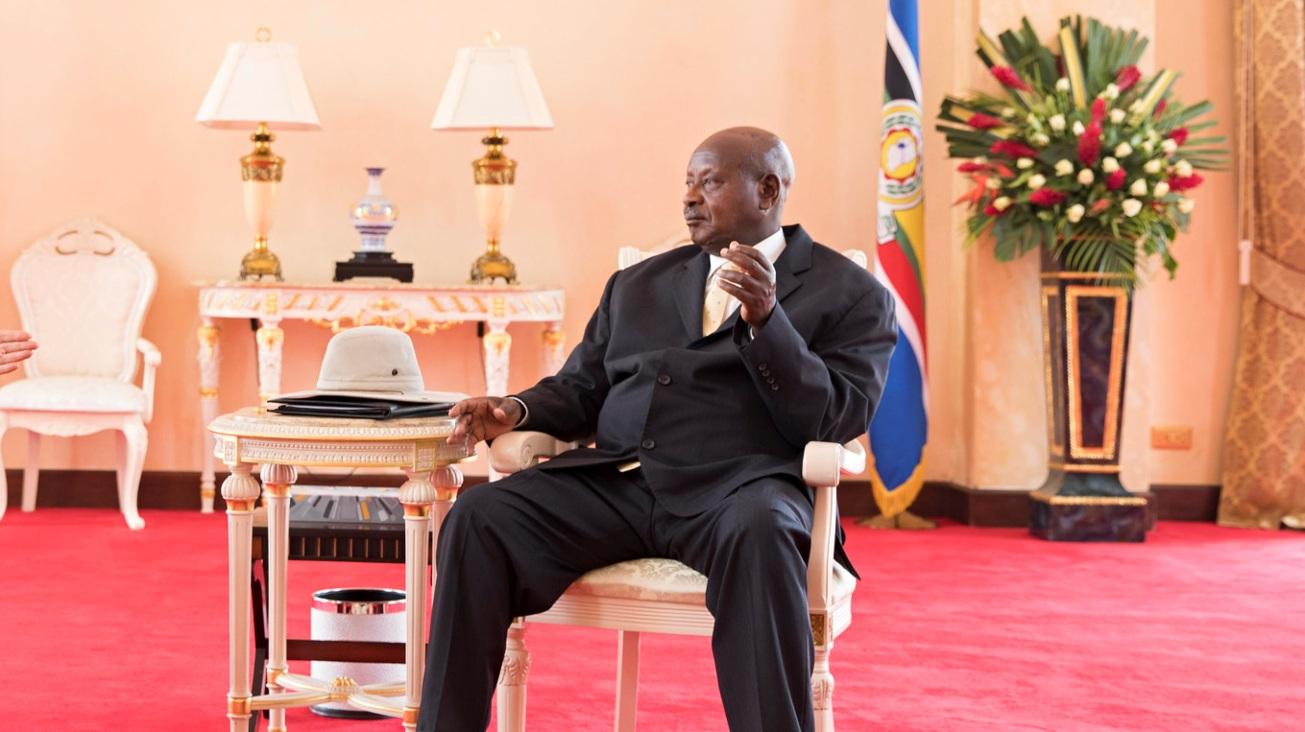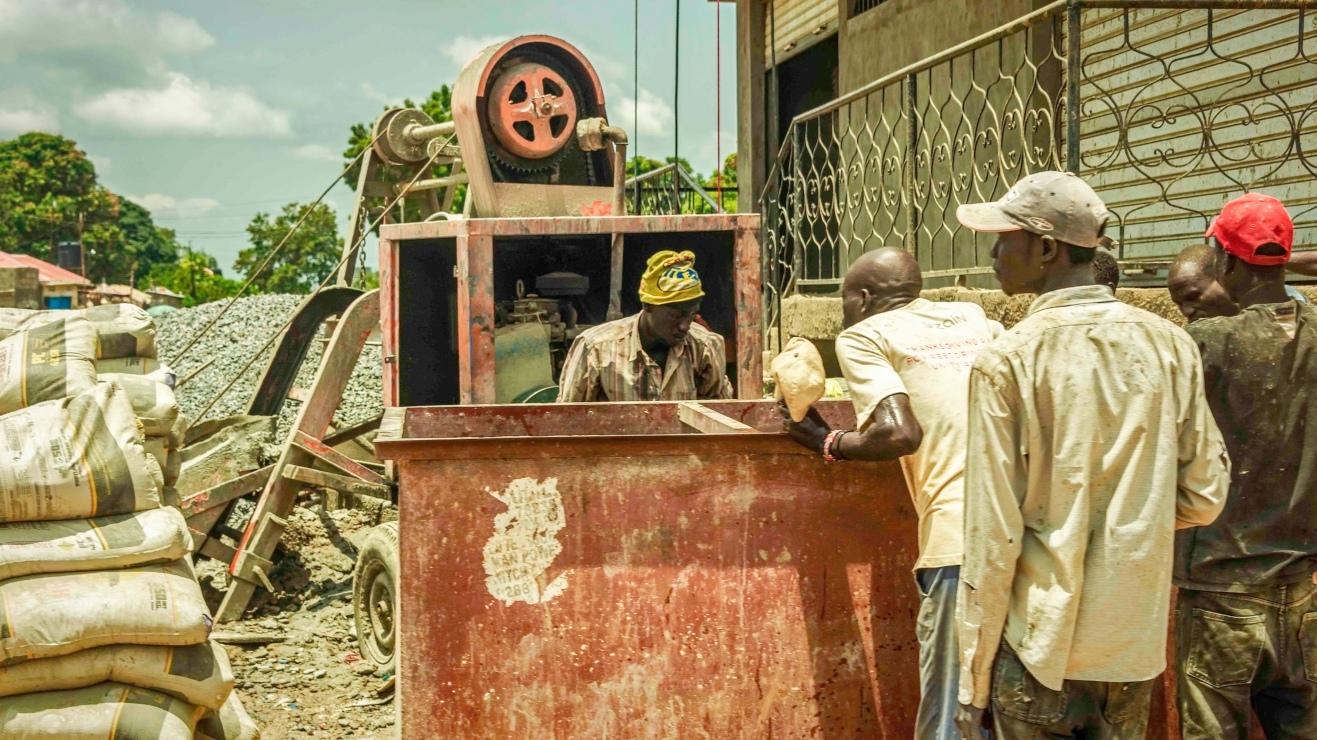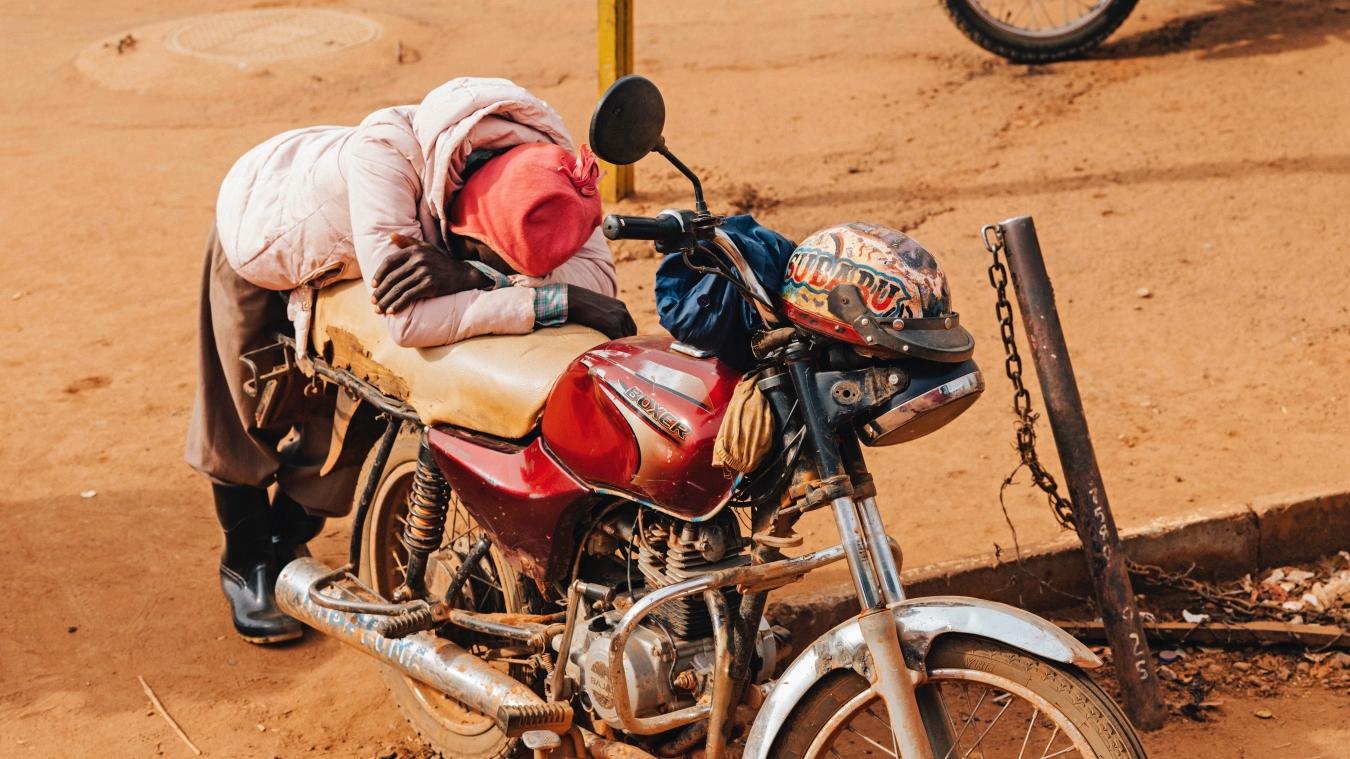The COVID-19 pandemic looks set to reverse progress made on fighting hunger, with 130 million more likely to be hungry by the end of 2020. As the world scrambles to build back better after the pandemic, we describe four tools African leaders should have at hand for better prioritising and planning food and agriculture policy in 2021.
Agriculture has been long recognised as a boon for economic and social development yet largely underfunded. Almost 20 years ago, African Union countries pledged to spend 10% of public expenditure on food and agriculture in the 2003 Maputo Declaration.
But few have managed to do so, with average spending hovering around 6% in most of sub-Saharan Africa. Now the risk is that COVID-19 could exacerbate the pre-pandemic situation and lead to further budget cuts and disruptions. Scarce resources may be used to support short-term-low-return investments or even channelled away from agriculture to cover other government priorities such as healthcare.
Build back better
African policymakers need to act fast and at the same time adopt strategic interventions that make best use of the public purse. Four fast and effective policy moves to Build Back Better African agriculture in 2021 could help governments to spend ‘better’, and at the same time help to reduce hunger and protect the livelihoods of the rural poor.
1. Strengthen the way policies and budgets are monitored
Spending better, rather than more, calls for a clear picture of how money is currently distributed. For cash-strapped ministries of agriculture in sub-Saharan Africa, it is fundamental to monitor and analyse public expenditure constantly and be ready to adjust targets when needed.
Despite being obvious, most countries track only agricultural spending as a whole, but they do not have monitoring systems in place that inform decision-makers on how the money is distributed between – for example – producers versus consumer subsidies, private versus public goods, or general support such as research, extension and infrastructure. The lack of timely and updated information on the functional distribution of public resources clearly hinders the capacity to invest in the most rewarding programmes and projects as well as to understand when there are important areas that are underfunded.
The post-pandemic scenario will require an active monitoring of the public expenditure on agriculture since the entire system of incentives for agricultural production will be questioned. The lack of labour force and inputs, the increase in transportation costs, the uncertainty on output prices and exchange rates may heavily affect farmers’ behaviour and the possibility to even maintain their livelihood through farming. More than ever, governments will be called on to react fast and effectively and, in 2021, data rich and evidence-based policies will be needed more than ever.
2. Repurpose subsidies on agriculture to build healthier, more sustainable food systems
African governments support their agricultural sectors in different ways, be it through trade policies, subsidies on agricultural inputs, or through investments in food reserves, agricultural research and infrastructure. However, policymakers have often neglected the impact of support on the environment and nutrition, as around 19% of Africans are undernourished. The same 2020 FAO report shows that a healthy diet is not affordable for over 70% of the population in Africa.
2021 will see a huge policy push for sustainable subsidies for food systems. Policymakers will be called on to abandon traditional paradigms that equate food security to being self-sufficient in the production of cereals, and instead to repurpose and redirect them to incentivise the production of healthier foods and reduce land degradation and biodiversity loss.
3. Leverage potential in the African Continental Free Trade Area (AfCFTA)
Brexit aside, 2021 will mark the start of trading under the new African Continental Free Trade Area agreement (AfCFTA). This unified market of 1.3 billion people and spanning 55 countries, is one of the greatest leaps forward for the continent’s economic development and is set to revolutionise Africa’s agriculture. Through the removal of tariffs and other barriers, the agreement is expected to enhance food availability and stabilise prices as African farmers gain increased access to the continent’s growing urban population.
But to make the AfCFTA live up to its potential, policymakers will need to adopt and implement a large number of accompanying reforms – such as better technology and technical assistance programmes for enhanced production. Fiscal incentives are required to increase value addition and accelerate the growth of ‘made in Africa’ agro-industries. The right regulatory reforms are essential to boost quality standards to ensure food is safe and nutritious. Implementing such a reform agenda takes longer than a year. But 2021 will be critical for policymakers to demonstrate that they are committed to intra-African trade integration and willing to do what it takes to help Africa’s farmers reap the free trade area’s benefits.
4. Target those who need it most
As a result of the COVID-19 pandemic, the number of people living in extreme poverty in Africa is expected to rise by 8% between 2019 and 2020, to nearly 520 million people. Hunger, too, is on the rise, as the pandemic, climate change and conflict are putting the poor’s lives and livelihoods in danger.
Agriculture is the lifeline of most African families living in poverty. In 2021, policymakers need to focus on those who are even further behind. Governments should favour the targeting of agricultural support policies on those households and regions that need it most. With public budgets under strain, governments will need to prioritise investments that yield the highest returns in terms of agricultural potential and poverty reduction. Only by focusing policy interventions on the people and regions that need it most will countries be able to reverse the current trends and get back on track towards achieving the 2030 Sustainable Development Goals.
The flaws in our food systems are set to become more apparent next year. In late 2021, the Food Systems Summit, convened by the UN Secretary General, will see momentum pick up for a radical and global transformation in the way the world produces and consumes food. Until then, policymakers would do well to start with these first four policy gamechangers.
Photo: Women inspect pigeonpea at flowering time. Credit: ICRISAT, licensed under CC BY-NC 2.0.





